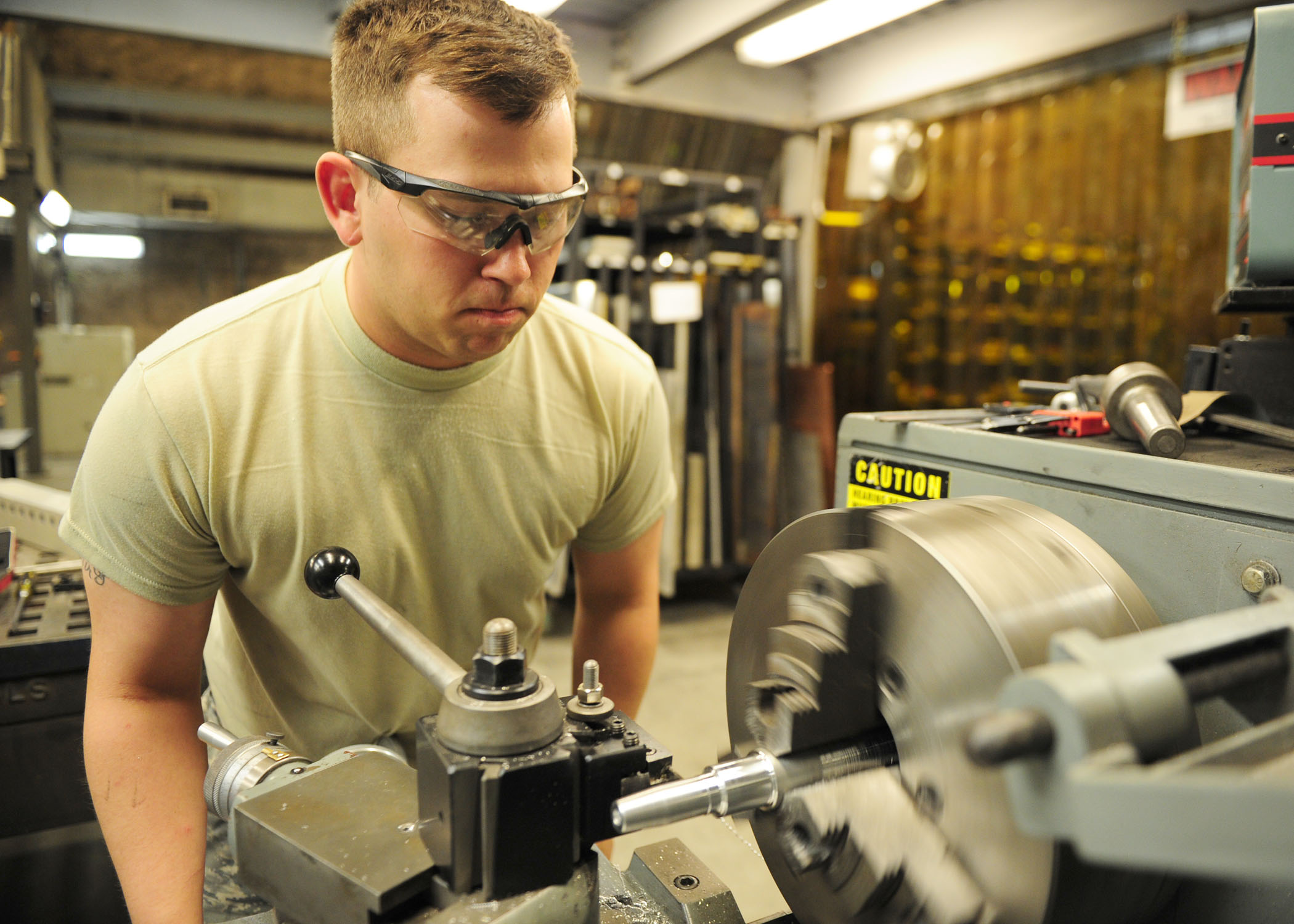A Tool And Die Maker’s Work Is Everywhere
I grew up in ’80s. Like a lot of kids, I was interested in video games. I never really got into hands-on work until I got into the workforce — and that’s when it really just clicked for me. It was money motivating me, honestly. When I first got out of high school, I wasn’t making a lot of money. I figured I could come here and Lincoln’s reputation really came through — if you’re hard worker, you can make a lot of money.
I worked here for six years, and had no clue what tool and die was. I used the fixtures, I used a lot of stuff that the tool room produced, but it never really clicked to me where it came from. I wanted to try to settle down and have a family — more of a normal lifestyle. I bid on the apprenticeship for tool and die maker, and I got accepted. I graduated with honors from my high school, but I don’t believe you need to be a so-called bookworm to get into this field. As a tool and die maker, you learn from the day you start to the day you retire.
As tool and die makers, we create something out of nothing. So we will take blank pieces of steel and turn them into tools that will either mold plastic parts or stamp metal parts.
Tool and die is, if you ask me, one of the more unknown skill-based careers. Everyone’s heard of electricians, everyone’s heard of mechanics, everyone’s heard of millwrights. There is a huge need for tool and die makers in the future, just because there are not a lot of people going into it. A lot of people don’t know this, but the average age of a tool and die maker is 50 years old.
To do this job, you need to have a strong math background. No, I’m not talking calculus, but we do trigonometry on a regular basis. But the nice thing about that is technology. So we have access to computers with CAD programming. So if you need to trick out an angle, there’s devices that can help you do that. Now you do have to have a strong work ethic, and you have to have a passion in order to want to do things correctly, to do things the right way.
You can make extremely good money being a tool and die maker. That’s just not well-known. As long as you’re willing to work — you have to be willing to work, that’s the thing — and you will get dirty, I’m not gonna lie. This is a job where you’re going to get dirty, and you’re going to have to use your hands and you’re going to work long hours, but it’s rewarding. The nice thing about tool and die is you can literally go anywhere in the world and do this trade and be successful and make good money.
As far as a support structure goes, when students come into the trade, especially as an apprentice, there is always a seasoned, normally a Class A tool and die maker, there with you. So you are never ever by yourself here. The future of tool and die, in my opinion, there’s always going to be a need. You hear a lot about technology. And there’s a lot of computers coming out and a lot of machines come out, but you don’t need an operator to run them. But you will always need a tool and die maker to fix things.
There’s a lot of things that you just go about in your everyday life that you don’t think about where it came from. It came from us!

